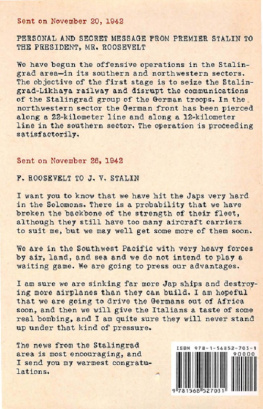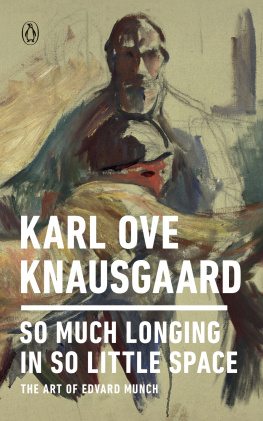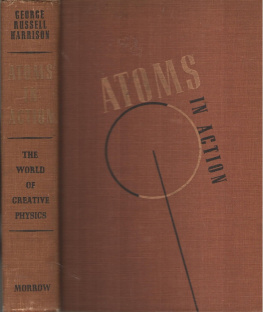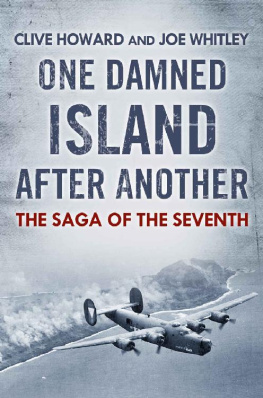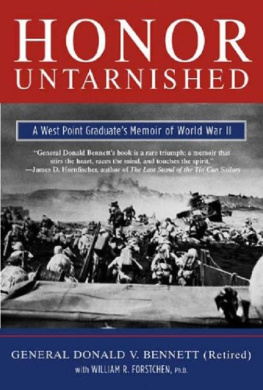Copyright 2012 Narendra K. Mehra
All rights reserved.
ISBN: 1478384107
ISBN 13: 9781478384106
eBook ISBN: 978-1-62346-030-3
Copy Right Registration #TXu 1-814-771 dt
June 12, 2012.
Map: British assault Regions, Mid 19th Century
CHAPTER ONE:
INTRODUCTION
Time marches on, people move on, so do nations and life goes on. But once in a while, a catastrophic event occurs which changes the course of human history. It was common for nations to rise to defend their honor or to honor their treaties and people have arisen to seek justice or to avenge defeat. Morally speaking, that was the nobler part of history. Unfortunately, there have been occasions, when predatory wars have been fought for economic gains or for the subjugation of others in pursuit of political ideology. There have also been clashes of culture or religion and the world history has been in constant flux. One such catastrophic event as is well known, was the clash of East and West resulting in the assassination of Archduke Franz Ferdinand of Austria by a Serbian nationalist which led to the First World War and its ramifications have been felt ever since.
Another East West Conflict with far more profound consequences took place in India on the afternoon of June 23, 1757, which changed the course of British fortunes and the world history for the foreseeable future. That event is shrouded in mystery, its details very successfully suppressed and it helped Britain, an impoverished Island nation, become suddenly a banker to the World. That event gave birth to predatory capitalism and the resulting chain of events made Britain an Imperial power and gave birth to British Aristocracy. It also uplifted her people socially and economically from abject misery and drudgery. It was a transforming event for Britain and her people, it was a transforming event for the world, but little is known of that event because very successfully Britain was able to keep it a secret. That historical story is both compelling and fascinating and lifts the veil of secrecy which had remained hidden for such a long time.
Britain was an impoverished nation and was left behind in the European race for money and power. Britain was competing with other European powers for building an Empire but it did not have the resources to match her ambition. In their efforts to colonize the North American colony, Britain over reached itself during the Seven Year War with France and for lack of funds, in fact, it became a war of survival. The Seven-year war was different from the other wars between England and France, until then, Anglo-French wars were fought in Europe principally on religious grounds. Those wars were unpopular in England because of the expense and the monarchy had difficulty raising the necessary money from the Parliament. The Seven-Year War was fought both in Europe as well as in America. As never before, Britain spent a very large amount of money to safeguard its American colony, the money that they did not have. It was a war for the Empire; it was a war for Britain as an imperial power. It was the war of supremacy between France and England. That war did not go very well for Britain, initially.
Besides, the British were mired in all kind of financial problems at home and they needed the money. After the death of Emperor Charles VI (1740), England got embroiled in succession of wars, first against Spain and France during the War of European Succession, which lasted until 1748. In North America, Britain was fighting many wars as a prelude to the American War of Independence. It had also stationed a large standing army to fight the American Indians. Britain needed a lot of money to just stay afloat and they were relying upon commerce to make that money. Chinese tea was a money maker but they had no money to pay for the Chinese tea and the British merchants stationed in India, had to continuously hoodwink the merchants for opium to pay for the Chinese tea. The Dutch had taught the Chinese to smoke opium and the British began to capitalize on that addiction by the opium route. But the opium route had its limits as Britain did not want to part with silver to pay for the opium and Britain needed a huge amount of money to just survive.
The British Navy was ill equipped and also needed urgent funds for expansion to block the French in the Atlantic but Britain did not have the tax base of France nor could it raise money internally. There were no banks as are known today, the Bank of England was not even born and other than private holdings or penny saving banks, there was no place for Britain to go and borrow money. For a while, Britain issued undated paper at a very high interest rate, but that had its limits and Britain found itself fighting for its life.
Britain was already deep in debt, its national debt continued to burgeon and the borrowings ballooned and Britain was struggling to survive as a free nation. By some estimates, the debt exploded and yet they continued to borrow and continued to issue Navy bills and ordinance debentures with unknown and undated maturities. The resources of the banks were small and the framework of the government was based on personal and private contributions from individuals rather than institutions. There thus ensued a national crises, Britain could have pulled in its horns and go back home from the American colony but it had a heritage of pillage and plunder, piracy and loot and it decided to do what it did best in the past.
Britain changed its government and William Pitt became the Prime Minister in its grave hour of need and he decided to use Britains core competency, pillage, piracy and buccaneering, to loot the money. Britain credits Pitt as a visionary and far sighted and sure indeed he earned that reputation for what he did. Pitt knew that there was only one place where money was available in plenty and Britain could raid it. Here starts the story of two diverse cultures, which had nothing in common, except that one was highly advanced, rich and a breadbasket of Asia and an industrial workshop of the civilized World and the other an Island nation, impoverished and depended on it, half the world away for trade and commerce. India was a very wealthy country and in Babur Nama, the Memoirs of Babur, (the First Mughal Emperor) stated that Hindustan was a large country and has masses of gold and silver. Its air in the rains is very fine not to be surpassed in healthiness and charm. Britain came to India seeking trading opportunities much later than other European nations who were engaged in brisk business but for lack of sea faring skills, Britain was left behind. After a century of effort, Britain was finally able to reach the Indian shores and at the time of the Seven Year war, Britain had been in Bengal, an eastern Province of India, for about a century where they had set up the British East India Company.
At the time of our story, there was power vacuum in Bengal and it was facing political crises and having well over forty million British pounds in its Treasury, all in gold and the specie. In todays money, the gold in the Murshidabad Treasury was in excess of one hundred billion pounds considering the wage differential between then and now. The Bengal Treasury was the Treasury of the Mughal Emperors where gold had piled up because of the political crises after the death of Emperor Aurangzeb, the Sixth Mughal Emperor. That gold was the talk of the European Traders and was well known to the British. Pitt the visionary, decided to raid the Murshidabad Treasury as a Hail Mary Pass and he successfully set in motion the world transforming events, with which the world is wrestling even today. Pitt expanded the Royal Navy after successfully looting the Indian treasure that by 1759 had so decimated the French fleet that France was unable to supply its army across the Atlantic. Britain was able to expand the Navy and had a victory over France for control of the North American colony.




